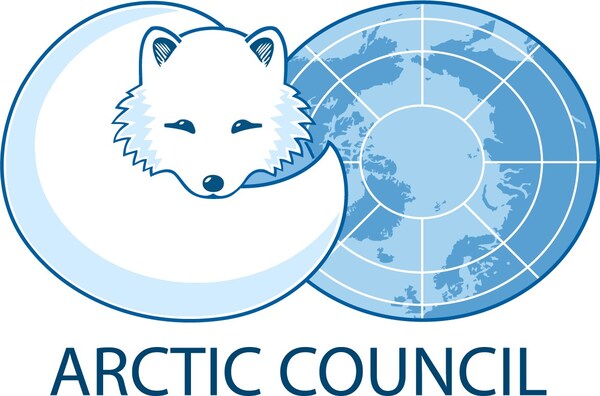 |
High-level side event to highlight global consequences of cryosphere change at the UNFCCC climate conference
OSLO, Norway, Nov. 12, 2024 /PRNewswire/ -- Under the leadership of Norway's Arctic Council Chairship, key stakeholders and rightsholders from polar, mountainous and vulnerable low-lying regions are addressing cryosphere change and its global effects at COP29 in Baku, Azerbaijan. The high-level side-event, "A Message from the Frozen World – the Global Impact of a Changing Cryosphere,"will take place 12 November 2024, 16:45-18:15. Contributors include Bangladesh, Pakistan, Germany, Nepal, the Inuit Circumpolar Council, the World Meteorological Organization, the International Centre for Integrated Mountain Development, the International Cryosphere Climate Initiative, the Arctic Council's Arctic Monitoring and Assessment Programme, and the Scientific Committee on Antarctic Research.
All people on Earth depend on the cryosphere. Snow, glaciers, ice sheets, sea ice, and permafrost stabilize the global climate and are significant reservoirs and sources of freshwater, sustaining ecosystems and supporting livelihoods. However, anthropogenic emissions are driving rapid changes in the cryosphere, leading to global consequences including rising sea levels, loss of water resources, accelerated warming, extreme weather events, and significant impacts on biodiversity, ecosystems, and human livelihoods.
" Norway, as chair of the Arctic Council, recognizes the cryosphere's critical role and is committed to amplifying the urgent message from the polar and high mountain regions," said Morten Høglund, Chair of the Arctic Council. "We must leverage scientific research and Indigenous Knowledge to tackle these issues. The Arctic Council is vital for this collaboration, yet this is a global concern. To slow irreversible climate change, we must keep global temperatures below 1.5°C."
The side event will highlight the changes scientists, Indigenous Peoples and national policy makers are observing and navigating firsthand. It will stress the critical need to tackle emissions and advocate for decisive action based on the latest data and policy recommendations.
A significant population in the cryosphere regions are Indigenous Peoples. "Inuit are a people of the cryosphere. We are deeply and intrinsically connected with sea ice and the nature of a frozen landscape for traveling, hunting, safely living on our lands and harvesting our marine resources. In recent years, Inuit have increasingly been impacted by the lack of ice, which affects our health, wellbeing and livelihoods, thereby impacting our collective and individual rights," says Sara Olsvig, Chair of the Inuit Circumpolar Council.
The event will be recorded and made available here. Learn more about the event .